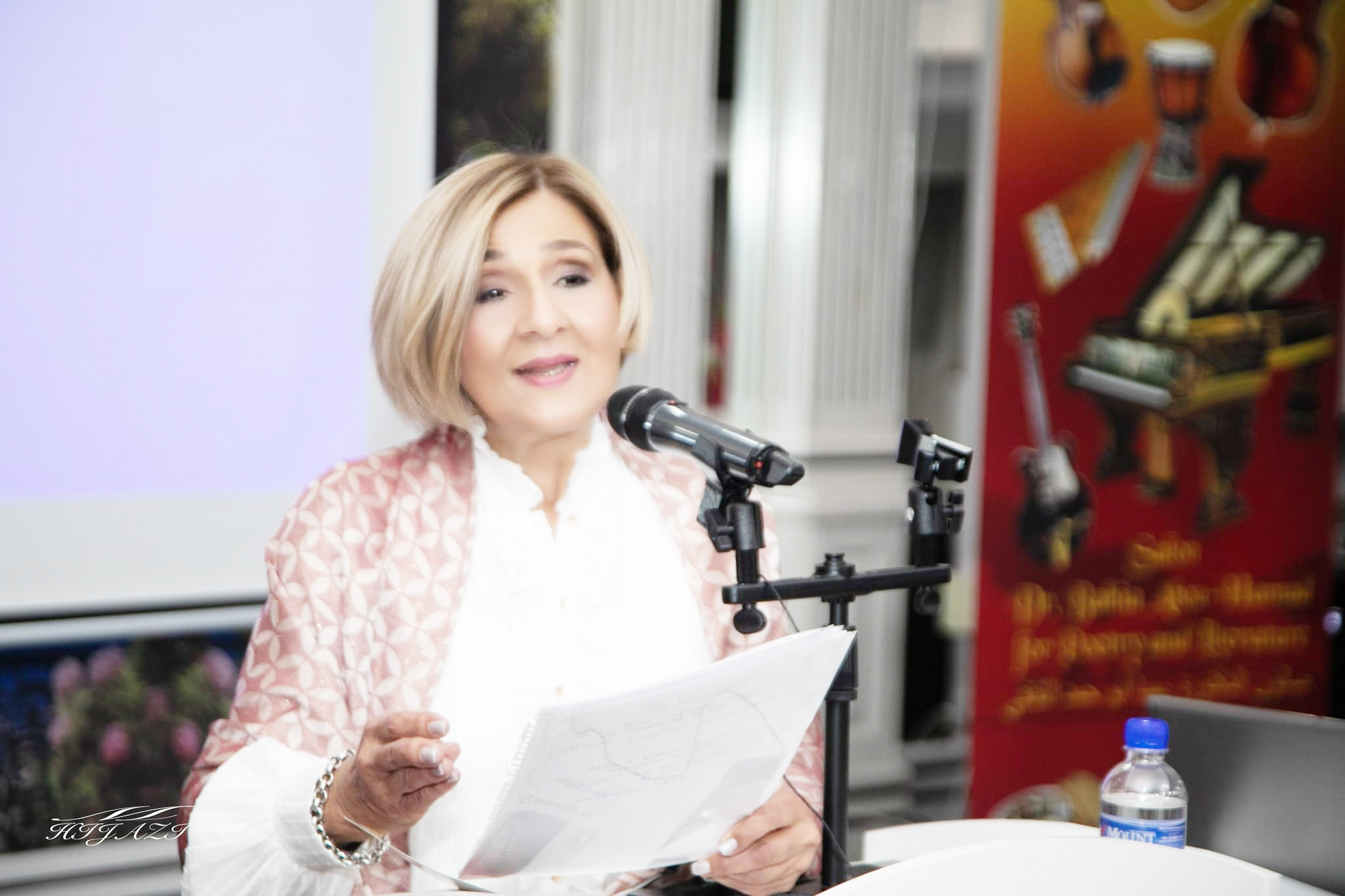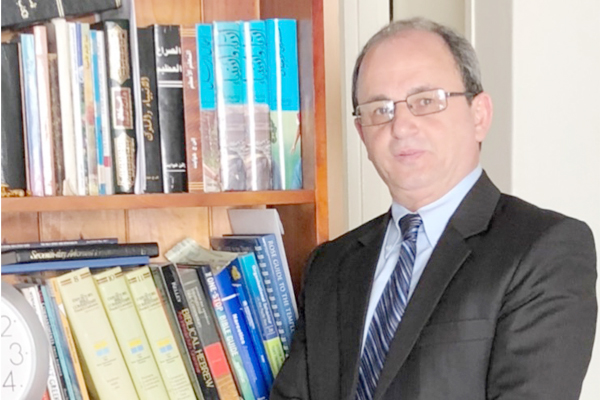
By/ Sam Nan
Since the onset of Israel›s response to the violent attacks launched by Hamas and Hezbollah, social media platforms have been flooded with comments that reflect a particular perspective. Many of these remarks come from Arabic-speaking individuals residing in Western nations such as the United States, Australia, and Canada. These reactions are often steeped in sympathy for the Palestinian and Lebanese causes, even when these causes are linked to groups recognized internationally as terrorist organizations.
It’s important to understand that this support seems to stem from a sense of ethnic or cultural loyalty rather than a reasoned evaluation of the situation. The underlying message often suggests a solidarity based on shared Arab heritage, regardless of whether the actions being supported include violence or terrorism. This reflects a deep-seated belief passed down through generations, where Arabs are taught to see Israel as an inherent enemy, as reinforced by cultural, political, and sometimes religious teachings.
When Hamas militants carried out their brutal attacks on Israeli civilians on October 7, 2023, which included killing innocent men, burning children, and committing horrific acts of violence, some communities, particularly those in the Arab world, celebrated. This reaction was not born out of a defense of these actions but rather from a historical narrative that paints Arabs as inherently opposed to Jews and Israel.
However, when Israel responded to these attacks, Arab communities worldwide shifted their perspective, decrying the Israeli military’s actions and labeling them as war crimes. This reaction, seen in demonstrations and widespread social media posts, conveniently overlooks the fact that the initial aggression came from Palestinian militants. The cycle of condemnation for Israel while ignoring the initial provocation highlights the complexity of public opinion shaped by cultural ties rather than objective facts.
Furthermore, Hezbollah’s involvement and its preparation for missile strikes against Israel again brought sympathy toward southern Lebanon. Despite Hezbollah›s designation as a terrorist organization by numerous countries, its Arab identity seemed to invoke an almost automatic sense of solidarity. This reflects the proverb “blood yearns,” indicating that ethnic or cultural connections can sometimes cloud moral judgment.
Ultimately, this unwavering support for groups like Hezbollah, Hamas, and others is deeply rooted in an education system and cultural legacy that positions Israel as the ultimate adversary. This worldview is often influenced by religious verses that are interpreted to justify hostility toward Jews, creating an environment where acts of terrorism are either ignored or rationalized.
Even Arab Christians, who might not share the same religious beliefs, often align with their Muslim counterparts in condemning Israel. This alliance may be born out of fear, mutual interests, or societal pressures. Meanwhile, many Arab-language media outlets in Western countries also reflect these sentiments, whether due to commercial interests or the fear of violent backlash.
In summary, the ongoing support for terrorism and the condemnation of Israel among certain Arab communities stem from a long-standing cultural and educational legacy. This deeply ingrained belief system often prevents a more nuanced and balanced understanding of the complex geopolitical issues at play.









